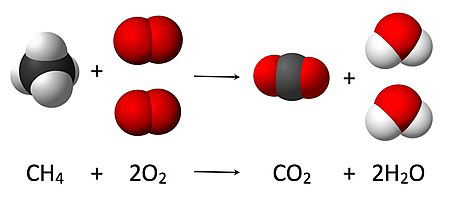Chemical Reaction Engineering IV

CHE561: Chemical Reaction Engineering IV (3 CREDITS)
This is the third reaction engineering course taken as part of the five year chemical engineering undergraduate program. It is taken during the first semester of final year.
Section 1: Course Information
- Role: Course Lecturer
- Lectures: Departmental Auditorium
- Period: Second term: Tuesdays (11am-1pm)
- Prerequisite(s): CHE 332; CHE 471, CHE561 (Chemical Reaction Engineering I, II and III)
Section 2: Course Description and Expectations
Course Description:
This course in chemical reaction engineering will focus on reaction systems that are catalysed by solids.
Aim:
To provide students with an in-depth understanding of the theory of reaction systems catalysed by solids.
Learning Outcomes
At the end of taking this course, the student should be able to:
- understand the theory of catalysis with particular focus on heterogeneous fluid-solid catalytic reactions
- develop kinetic rate expressions for these types of reactions
- determine rate controlling steps and use this information for efficient reactor design
- identify the optimum temperature progression for reactions in staged adiabatic reactors and identify the best choice of reactor for a given reaction
Outline:
This course in chemical reaction engineering will focus on reactions in non-catalytic systems:
- Introduction to heterogeneous reactions
- Catalysts and catalysis
- Reactions catalysed by solids
- The packed bed catalytic reactor
Section 3: Assessment
- Take home assignments
- Closed book test
- Group presentation
- Closed book final exam
Section 4: Recommended texts
- Levenspiel, O. (1999) Chemical reaction engineering, 3rd Ed. John Wiley & Sons, Inc, New York.
- Fogler, H.S. (2006). Elements of Chemical Reaction Engineering, 4th Ed. Prentice Hall, Upper Saddle River, New Jersey.
- Froment, G.F., Bischoff, K.B. and De Wilde, J. (2011). Chemical reactor analysis and design, 3rd Ed. John Wiley & Sons, Inc., New York.
- Smith, J.M. (1981). Chemical Engineering Kinetics, 3rd Ed. McGraw-Hill Inc., New York.